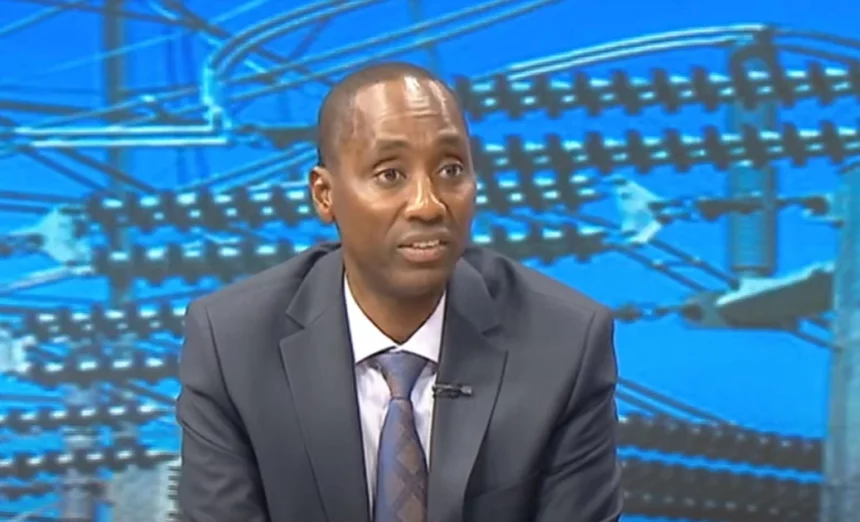The Tetu MP also argued that the government’s track record in business management is poor.
“With Azimio going to court, I think that it is premature because there is a whole journey downstream to deal with these issues. I think that as Kenyans we need to ask what we need to privatize. But if it’s just some assets which are not heritage assets, why should the Government move around edible oil and things like that?” he posed.
The legislator bemoaned the misallocation of public resources to entities that, in his opinion, make insignificant contributions to the country.
“Government is not necessarily good at running business, let’s be honest. If you look at some of the parastatals we have, they have been some perennial loss makers. It’s sad that as a country, we have continued to feed using the scarce public resources we have some parastatals which are not adding significant value to this country, yet some of them, if left to the private sector, they could be able to earn the Government revenue in terms of taxes,” Wandeto stated.
The Nairobi high court, responding to ODM’s petition, issued an order suspending the implementation of Section 21 (1) of the Privatization Act 2023 until February 6, 2024.
The court order came after ODM contended that the privatization act lacked constitutional validity due to insufficient public participation.
Kenya Literature Bureau, Kenyatta International Convention Centre, Kenya Seed Company Limited, Kenya Pipeline Company, and New Kenya Co-operative Creameries are among the state parastatals slated for sale.
ODM argued that decisions regarding the privatization of sovereign assets should undergo rigorous public participation and a national referendum.
They contended that certain public assets hold historical significance and cultural value, requiring the people’s consent through a referendum before privatization.



